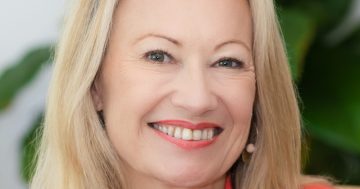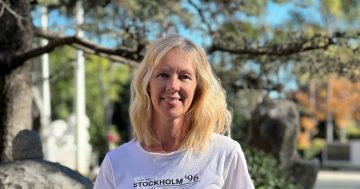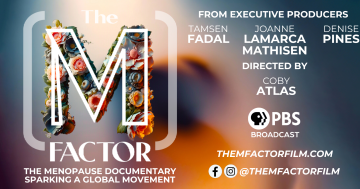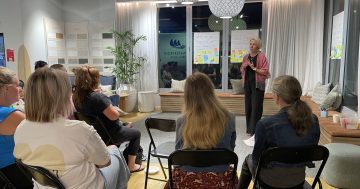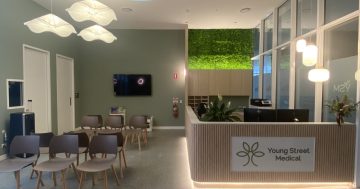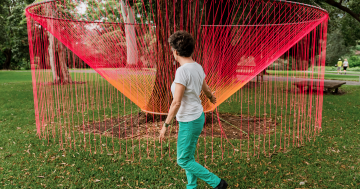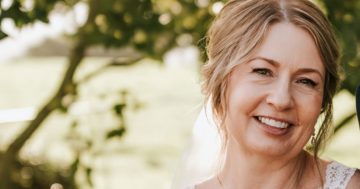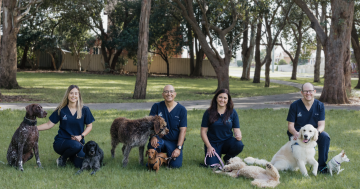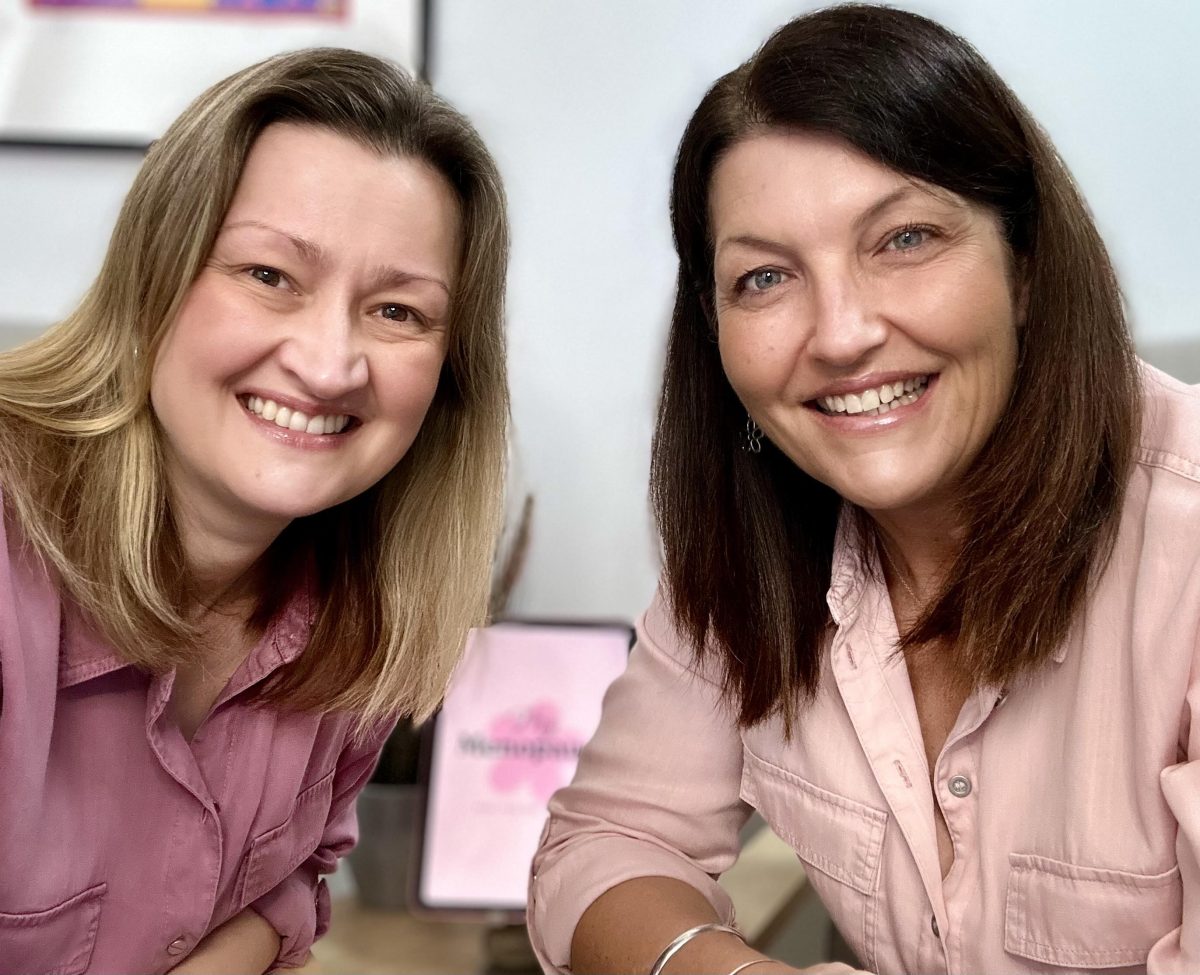
Dr Melissa Cave and nurse Kelly Clarke started My Menopause to educate and inform women about their health. Photo: Supplied.
A new medical clinic in Jamberoo specialising in menopause is helping women to navigate and better understand the changes associated with the transition and give patients more informed treatment options to benefit their overall health.
Throughout their careers in general practice, Dr Melissa Cave and nurse Kelly Clarke had seen women suffering in silence, plagued by misinformation or a lack of education around menopause.
“There’s so many women out there that are given a bit of a brush over and being told, ‘You’ll be right,’ ‘You’re just menopausal’ and ‘You’ll get through it,” Kelly said.
“There’s no understanding that some women are quite debilitated by it.”
A proper explanation to patients of their options was usually reliant on having an informed and invested general practitioner who could take the time to talk through the experience, the symptoms and the long-term impacts, but access to this level of care isn’t always easy.
“Even when we did our training it wasn’t really talked about,” Dr Cave said. “It was glossed over, menopause, to be quite honest.
“Coming from a stance where we had very little education on it, being able to support women was a struggle.”
The pair were passionate about creating a space to fill the gap and give women the opportunity to receive quality, specialised care, so at the start of November they opened My Menopause.
“We wanted to give women appointments that gave them the time that they deserved to listen to them and to give them the knowledge and education they need to be able to decide what path they want to take throughout their menopause,” Kelly said.
“GP appointments are usually 10 to 15 minutes, 20 at a push, and it’s really not enough time to cover all what goes on in perimenopause and menopause for women and so we thought by having that space to be able to give that time and to focus on it it would be really helpful,” Dr Cave said.
Their approach focuses on catering education and treatment options to the individual experience and circumstances of each patient.
“Each woman that we see is coming from a different perspective, different life experience; some have children, some don’t, some are still working full time; the demand of life is high anyway, but we all have those external pressures and they all impact as well,” Dr Cave said.
“Some people can struggle with more of the mental health, depression, anxiety whereas someone else might be struggling with recurrent UTIs or joint pain.
“It really is varied and you don’t know what you’re going to get so I think that’s the beauty of what we offer.”
Importantly, they are combatting misinformation and stigma around different treatments like hormone replacement therapy, which could help patients manage their menopause and avoid future health concerns.
“The difference now is we know the long-term effect of the loss of those hormones,” Kelly said.
“It’s not just that you’re going to get a hot flush or you’re going to wake up through the night because you’re hot and sweaty, it’s the long-term impacts to your cardiovascular health, your bone health and so many things that go on with your body when estrogen and other hormones decrease that was never discussed before.
“Women have the highest fracture rates once you hit menopause and heart disease, purely because this is not being managed accordingly,” Dr Cave said.
Their expertise is not the only drawcard for women, with their own lived experiences helping to make patients even more comfortable.
“I think women like to be able to talk to like-minded women and not only do we have the medical knowledge but we’re actually also experiencing this ourselves so what better people to help the women out there,” Kelly said.
There is no referral needed to access My Menopause, with patients receiving a phone consult with Kelly, before an appointment, and follow-up appointments with Dr Cave.
While My Menopause is helping women with access to better care, Dr Cave and Kelly agree that education should start earlier and that people should be informed before they are in the midst of the symptoms.
“There’s a gap,” Kelly said. “You get some education at school, you get some education when say you go to antenatal classes or something like that when you’re having children, but then you’re sort of just out there.”
Other ways for people in the Illawarra to access some education and services include sessions run by nurses at the Illawarra Women’s Health Centre, with the next being hosted on Wednesday 4 December.
If patients have a good relationship with their general practitioner this can also be a good place to start, with referrals onto other specialists such as gynecologists possible for further consultation.
Holistic and allied health services also offer alternatives to help women manage symptoms.
To find out more or to contact the team at My Menopause visit the website.









